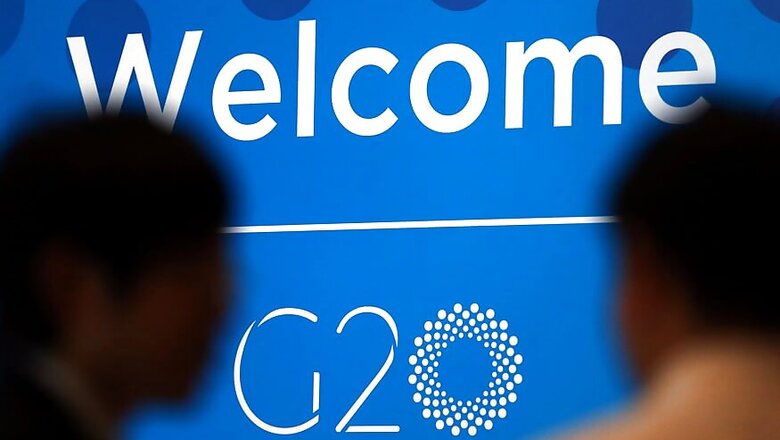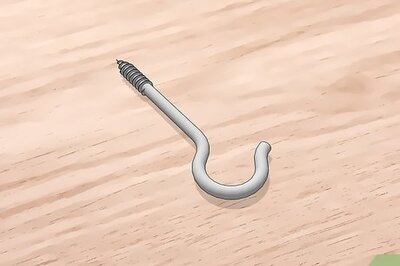
views
The G20 countries imposed as many as 59 trade-restrictive measures such as import bans and stricter customs procedures during mid-October 2019 and mid-May 2020, according to a WTO report.
G20 members include India, Argentina, Australia, Brazil, Canada, China, France, Germany, Japan, Russia, the UK, and the US, among others.
"During the mid-October 2019 to mid-May 2020 review period, G20 economies implemented 154 new trade and trade-related measures, 95 of them import-facilitating and 59 import-restrictive. Of these measures, 93 (about 60 per cent) were linked to the COVID-19 pandemic," it said.
Tariff increases, import bans, stricter customs procedures, export duties and other such measures introduced during the review period affected 2.8 per cent of G20 trade, it said.
Commenting on the report, WTO Director-General Roberto Azev'do said: "Historically high levels of trade-restrictive measures remain a source of concern, all the more so at a time when international trade and investment will be critical to rebuild economies, businesses and livelihoods around the world".
He said that there are signs that trade-restrictive measures adopted in the early stages of the pandemic are starting to be rolled back.
"There is no room for complacency: building on these positive indicators will demand consistent efforts and leadership, starting with the G20. Exceptional circumstances require exceptional responses, and this is the time for G20 governments to work together to facilitate a rapid and inclusive economic recovery," he added.
However, the WTO report also finds evidence of steps towards more open trade policies across sectors, including goods, services and intellectual property.
It said new import-facilitating measures, such as tariff reductions, the elimination of import taxes and the reduction of export duties, covered an estimated USD 735.9 billion worth of trade, excluding policies relating to the pandemic.




















Comments
0 comment